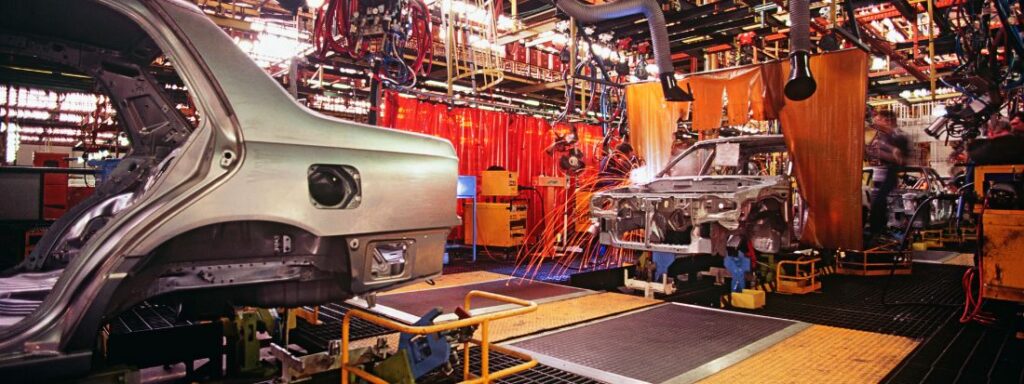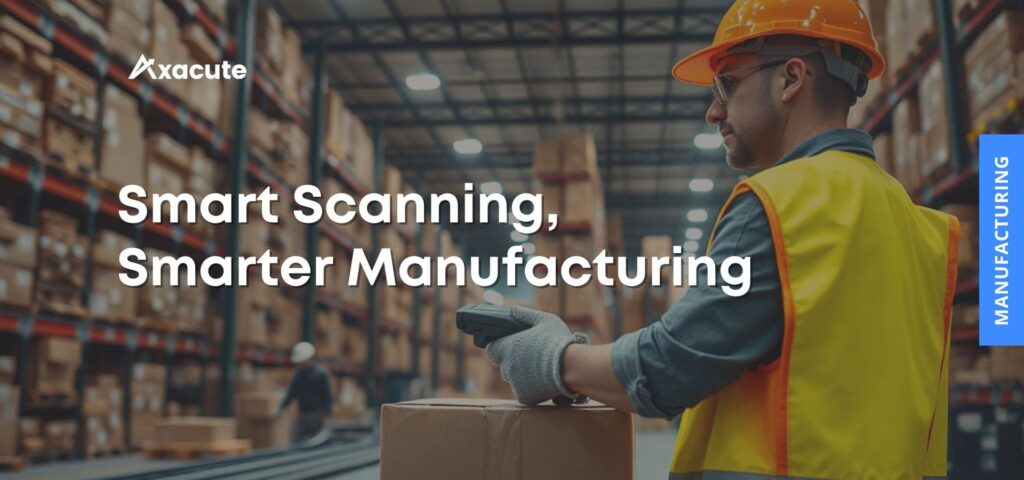Why Small and Medium-sized Enterprises Should Adopt Intelligent Manufacturing

In the fast-paced world of business, small and medium-sized enterprises (SMEs) face increasing competition and the need to stay ahead of the curve in terms of technology and innovation. One area that can greatly benefit SMEs is the adoption of intelligent manufacturing. In this article, we will explore what intelligent manufacturing is, why SMEs should consider it, and how they can implement it in their operations.
What is Intelligent Manufacturing?
Intelligent manufacturing, or commonly known as smart manufacturing, is a modern approach to manufacturing that integrates advanced technologies such as the Internet of Things (IoT), artificial intelligence (AI), and big data analytics. This approach uses these technologies to automate and optimize production processes, resulting in improved efficiency, reduced costs, and higher quality products.
Why Should SMEs Adopt Intelligent Manufacturing?
1. Increased Efficiency
One of the primary benefits of intelligent manufacturing is increased efficiency. By using automation and advanced technologies, SMEs can streamline their production processes, reduce the risk of errors and defects, and increase overall productivity. This, in turn, can result in lower costs and higher profits.
2. Improved Quality
Another benefit of intelligent manufacturing is improved product quality. By using data analytics and automation, SMEs can monitor and control every aspect of the production process, ensuring that products are made to exact specifications and meet the highest quality standards.
3. Competitive Advantage
SMEs that adopt intelligent manufacturing can gain a significant competitive advantage over their peers. By leveraging advanced technologies, they can produce higher quality products at lower costs, resulting in better profit margins and more satisfied customers.
4. Flexibility
Intelligent manufacturing allows SMEs to be more flexible and agile in responding to changing market demands. By automating their production processes, they can quickly adapt to new market trends and customer needs, without incurring significant costs or disrupting their operations.
5. Sustainable Manufacturing
By adopting intelligent manufacturing, SMEs can reduce their environmental footprint and promote sustainable manufacturing practices. Advanced technologies such as IoT sensors can be used to monitor energy usage and reduce waste, resulting in a more sustainable and environmentally friendly manufacturing process.
How Can SMEs Implement Intelligent Manufacturing?
Implementing intelligent manufacturing can seem daunting for SMEs, especially those with limited resources or expertise in advanced technologies. However, there are several steps they can take to get started:
1. Access current processes
The first step is to assess current manufacturing processes and identify areas where automation and advanced technologies can enhance both efficiency and quality. By conducting this assessment, businesses gain a clear understanding of where intelligent manufacturing can deliver the greatest impact.
2. Identify technology solutions
SMEs should research and identify the technology solutions that best fit their needs and budget. In fact, many vendors now offer affordable and scalable options specifically designed for SMEs. By selecting the right solutions, businesses can ensure a smoother transition into intelligent manufacturing.
3. Build a team
Implementing intelligent manufacturing requires a multidisciplinary team with expertise in automation, data analytics, and advanced technologies. Therefore, SMEs should invest in building a team with the right skills and experience. By doing so, they create a strong foundation for successfully adopting and scaling intelligent manufacturing practices.
4. Plan for implementation
SMEs should develop a detailed implementation plan that outlines the steps required to integrate new technology solutions into their operations. In addition, this plan should include clear timelines, budgets, and performance metrics. As a result, businesses can track progress effectively and ensure the implementation stays on course.
5. Monitor and optimize
Once the new technology solutions are implemented, SMEs should continuously monitor and optimize their performance. In doing so, they ensure the solutions deliver the expected results and continue to support long-term efficiency and quality improvements.
Conclusion
Intelligent manufacturing offers numerous benefits for SMEs, including greater efficiency, improved quality, and a stronger competitive advantage. By adopting advanced technologies such as IoT, AI, and big data analytics, SMEs can streamline production processes and deliver higher-quality products at lower costs. Although implementing intelligent manufacturing may seem daunting at first, businesses can take practical steps to get started. As a result, they begin unlocking the benefits of this modern approach to manufacturing.
Categories
- Axacute Highlights (3)
- Blog (146)
- Distribution (4)
- Features (5)
- Industry (2)
- Inventory (67)
- Manufacturing (72)
- Production (33)
- Technology (30)
- Warehouse (66)
- Wholesale (2)
Related
Benefits of an Inventory Management System
The Hidden Costs of Manual Inventory Management for SMEs
Improve Inventory Management and Cut Waste with Axacute
Smart Scanning, Smarter Manufacturing
Real-Time Warehouse Alerts: How to Prevent Stockouts
Connect Axacute to Your ERP for Smarter Operations
Intelligent Warehouse Setup
Level up your productivity
Get started with Axacute and improve your business operations.








